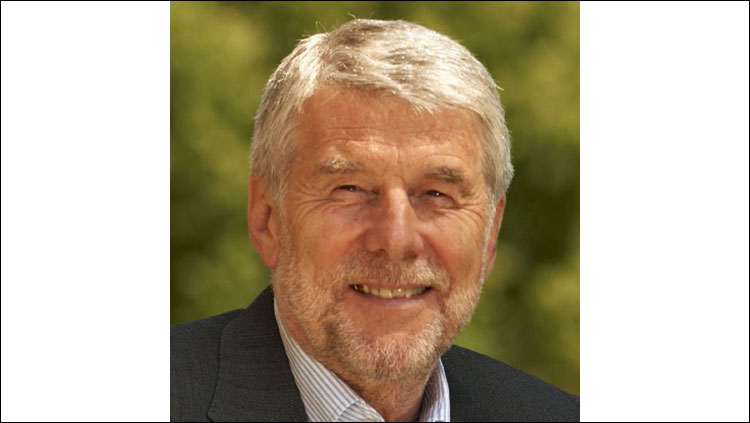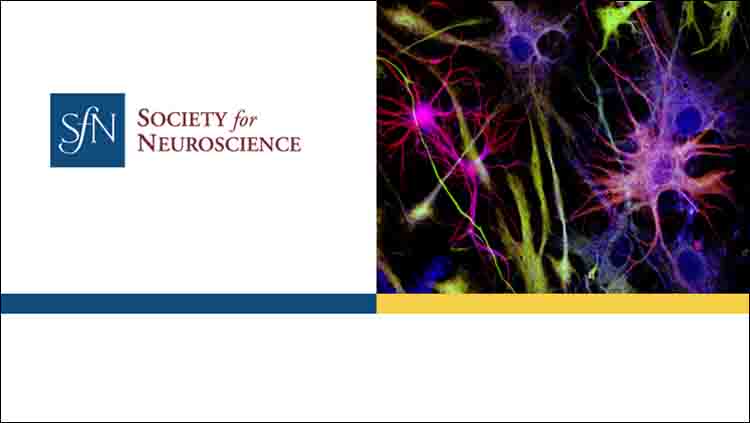Connect Easier Than Ever at Neuroscience 2021
You may have missed the first SfN annual meeting in 1971, but you won’t want to miss the 50th. Neuroscience 2021 reinvents the traditional SfN annual meeting format by offering attendees a complete virtual experience. The new format of the annual meeting makes it easier than ever to connect with everyone from lecturers to poster presenters alike.
The scientific program, built and maintained for nearly two years by SfN’s Program Committee, Program Committee Chair Sheena Josselyn, and incoming Chair Ellen Lumpkin, will be available beginning November 3–7 with Preview Days, followed by live engagement with lecturers and poster presenters November 8–11. All content will be available on demand through November 30.
An Unmatched Scientific Program
Nearly 9,000 abstracts covering the full breath of neuroscience will be available beginning on November 3. Each poster will offer a brief recording of the author summarizing their work as well as a slide presentation diving into the experimental details. Viewers can leave questions for the author, facilitating conversations that used to require both the author and viewer be at the same place at the same time. Attendees can also save their questions to ask live during the 999 unique poster session discussion groups during November 8–11.
Viewers can leave questions for the author, facilitating conversations that used to require both the author and viewer be at the same place at the same time.The SfN annual meeting’s traditional wealth of high-profile lecturers continues with Neuroscience 2021. Invited by SfN’s Program Committee and SfN President Barry Everitt, the talks offer inspiration to those in the field. Attendees can ask their own questions and vote on questions submitted by others, ensuring the questions of greatest interest to the audience rise to the top.
Accompanying the lectures are numerous symposia, minisymposia, and featured panel sessions. The mini/symposia offer panels of experts in specific fields the opportunity to present their views of a rapidly evolving area of neuroscience. The featured panel sessions, several of which were planned as part SfN’s 50th Annual Meeting celebration, offer new sessions looking back at the evolution of neuroscience and its rapidly developing future, as well as the always popular storytelling and dual perspectives sessions. Like the lectures, audience members will be able to submit questions during the presentations and vote on questions they find of greatest interest.
Want to get a jump on planning which abstracts, lectures, and panels to see? Visit the Neuroscience Meeting Planner to get started.
Professional Development and Networking Opportunities
Neuroscience 2021 offers several venues to help you find the next step in your career. The Graduate School Fair introduces potential graduate students with neuroscience departments from around the world. NeuroJobs, SfN’s online career center, hosts a wide range of neuroscience-related job opportunities.
Want to get a jump on planning which abstracts, lectures, and panels to see? Visit the Neuroscience Meeting Planner to get started.If you’re looking to expand your connections, annual meeting attendees can participate in a Virtual Networking Event. These informal gatherings, hosted November 8–11 at the beginning and end of each day, offer the chance to meet new people with shared interests and enjoy neuroscience-related content.
The Exhibit Hall will host representatives from over 200 organizations November 8–11, providing meeting attendees opportunities to connect with new vendors, funders, and employers. Several product demos will also be available for those interested in seeing new tools in action.
A Safe and Respectful Experience
To ensure all meeting attendees have a safe and respectful experience during Neuroscience 2021, SfN has instituted several policies. SfN expects that all meeting attendees will abide by its Digital Learning Community Guidelines to create a respectful and educational space for all during Neuroscience 2021. Respect for fellow attendees also extends to their scientific work. Under the SfN Photography and Recording Policy, presenters can identify whether other attendees are allowed to record their work or not.






















